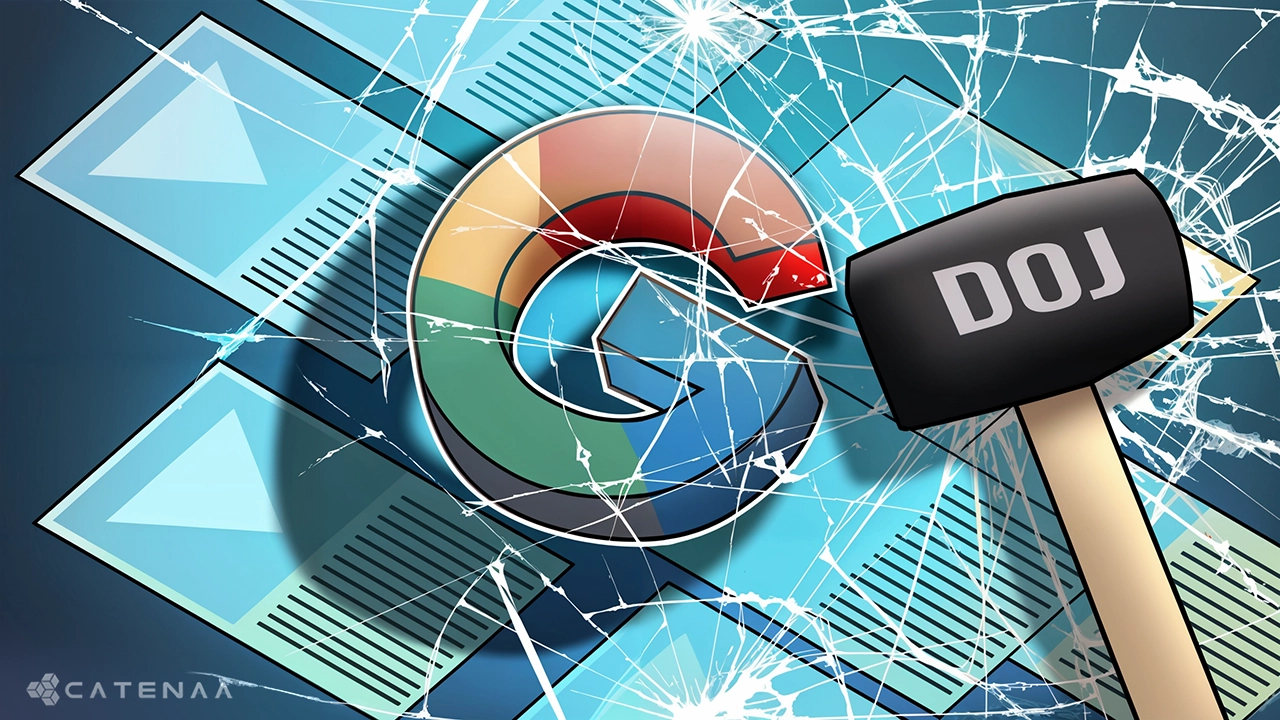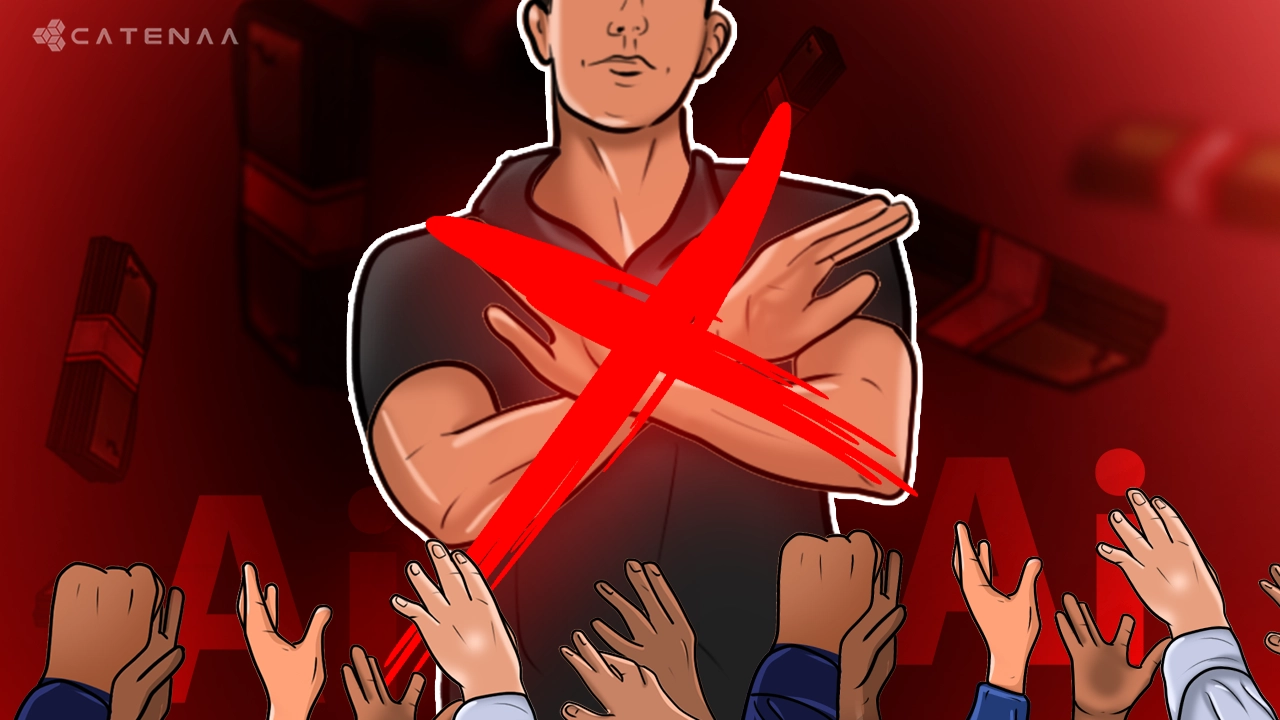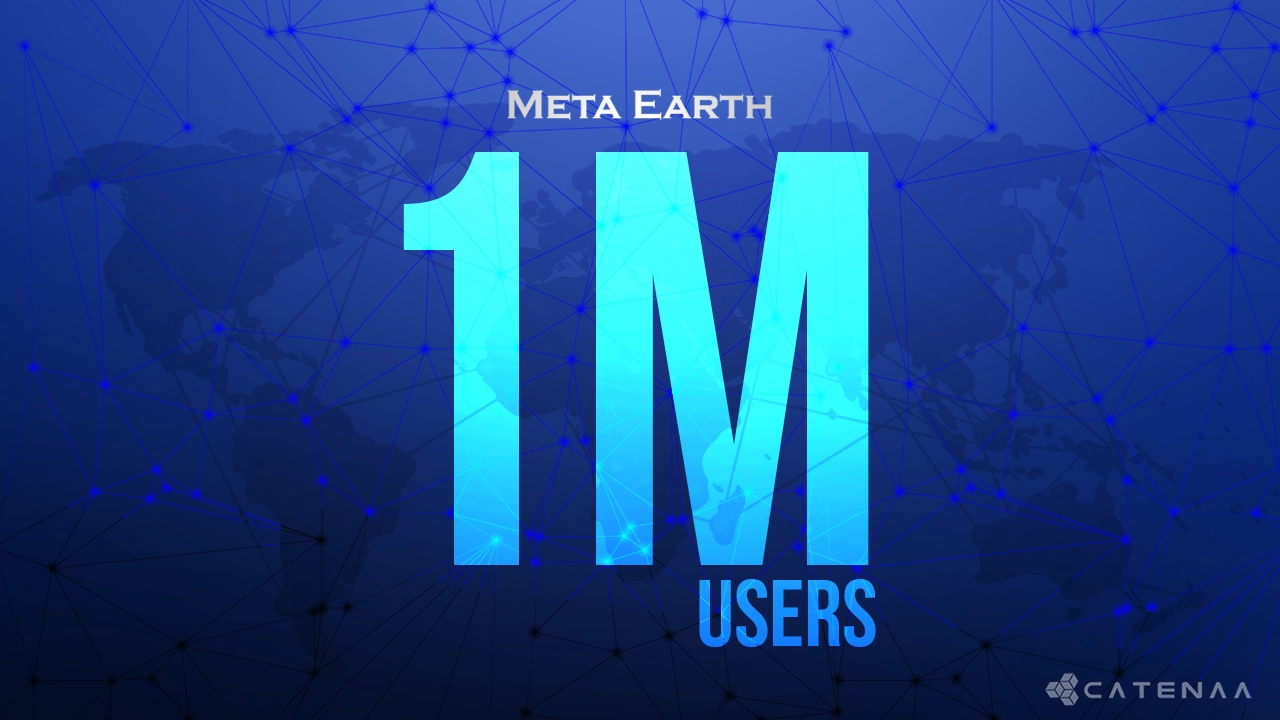Catenaa, Monday, May 05, 2025- (Update) The US Department of Justice (DOJ) confirmed it intends to break up Google’s advertising technology business in an escalating antitrust battle.
See the ruling news here.
The said it was seeking to force Google to divest key parts of its ad tech operations, including its ad exchange and publisher ad server, in a bid to restore competition in the digital advertising market.
The move follows a court ruling that found Google illegally monopolized key segments of online advertising by tying its publisher ad server to its ad exchange, limiting competition.
US District Judge Leonie Brinkema set a trial date for September 22 to determine appropriate remedies, with the DOJ aiming for Google to provide bidding data to rival ad servers and ultimately sell off parts of its business.
Google strongly opposes the breakup, arguing that it goes beyond the court’s ruling and could harm privacy and security protections. The company has proposed alternative solutions, including limited data sharing and eliminating certain pricing practices.
The trial’s outcome could reshape the digital advertising landscape, influencing both Google’s future and the broader market.
In March, the European Commission fined Google for violating the Digital Markets Act by favoring its own shopping, hotels, and flights services over rivals and restricting app developers from directing users outside the Play Store.
However, Google disputed the claims and may appeal before the EU’s final ruling and potential fines.
In April Japan’s Fair Trade Commission on April 15 ordered Google to stop requiring Android smartphone makers to preinstall its search and browser apps, ruling the practice violated antitrust law and hindered competition.


